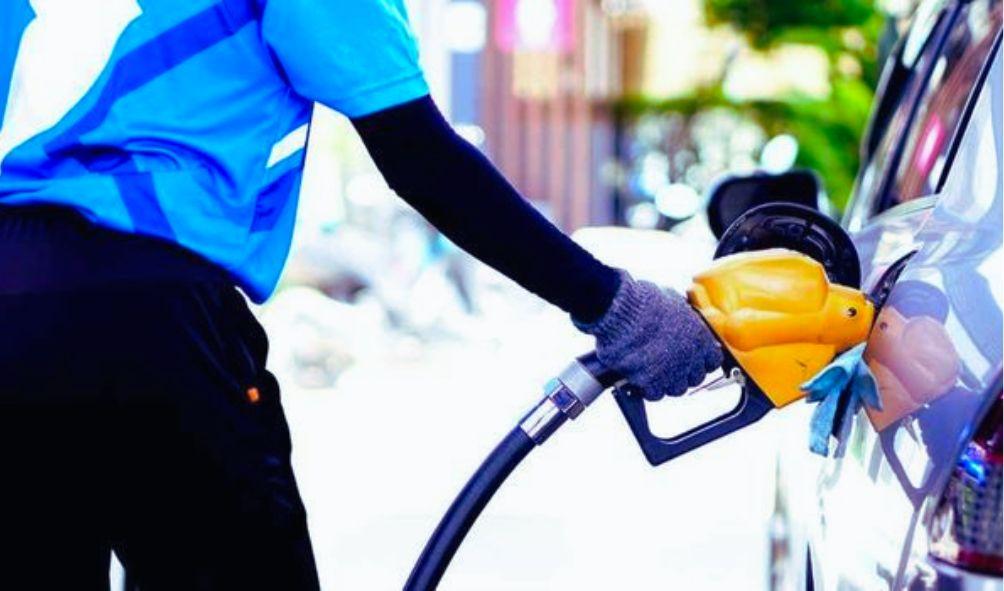EPRA Reinstates Uhuru Fuel Subsidy Scrapped by President Ruto
On Monday, August 14, the Energy and Petroleum Regulatory Authority (EPRA) reintroduced the fuel subsidy initiative that had been eliminated by President William Ruto on September 15, 2022.
In its assessment of the current month’s gasoline costs, the organization observed that the re-establishment of the Petroleum Development Fund was aimed at providing relief to Kenyan citizens from increased fuel expenses.
EPRA elaborated on how the rise in fuel costs made it essential to reinstate the subsidies that Ruto opposed during his campaign. He even alleged that the previous government had wrongly utilized the funds to favor specific oil companies.
According to EPRA’s computations, the price of Super Petrol was projected to reach Ksh202.01 in the absence of the subsidy initiative, marking a variance of Ksh7.33 from the present rates.
On the flip side, Kerosene was expected to rise by Ksh5.74, whereas Diesel was forecasted to experience an increase of Ksh3.59.
The organization stated that the recently reinstated Petroleum Development Fund will be employed to reimburse importers of the product at rates of Ksh7.33, Ksh3.59, and Ksh5.74 for every liter of gasoline, diesel, and kerosene, respectively.
Through the implementation of the subsidy, the government guaranteed that there would be no alterations in the prices of fuel from August 15 to September 14. During this time frame, Super Petrol will be available at a price of Ksh194.68, Diesel at Ksh179.67, and Ksh169.48 will be the selling price for Kerosene.
“To cushion consumers from the spike in pump prices as a consequence of the increased landed costs, the government has opted to stabilize pump prices for the August-September 2023 pricing cycle,” EPRA explained.
ALSO READ: EPRA Fuel Price Update: Aug 15 – Sep 14
“Oil Marketing Companies will be compensated by the Petroleum Development Fund,” it added.
Uhuru’s Subsidy
The subsidy program was started when Uhuru Kenyatta was the President, aiming to control fuel prices and subsequently impact the costs of necessary goods like food items. During his leadership, Kenya allocated approximately Ksh7.65 billion per month to subsidize diesel, super, and kerosene.
President William Ruto, his replacement, emerged as a notable opponent of the subsidy initiative, characterizing it as unviable.
Ruto conveyed worry over the fact that only a small number of individuals were reaping the benefits from the program, while taxpayers had to cover the costs incurred by the importers.
“On fuel subsidy alone, the taxpayers have spent a total of Ksh144 billion, a whopping Ksh60 billion in the last four months,” Ruto stated during his September 13, 2022 inauguration.
“If the subsidy continues to the end of the financial year, it will cost the taxpayer Ksh280 billion, equivalent to the entire national government development budget,” he added.
IMF’s Stance on Subsidies
The International Monetary Fund (IMF) made it a requirement for President William Ruto to eliminate the subsidies to receive the loans.
“The authorities intend to continue gradually realigning domestic to global fuel prices in the financial year 2022/23 to eliminate the fuel subsidy by October 2022,” the IMF said in the third program review for Kenya’s Ksh270.2 billion ($2.34 billion) loan package.
ALSO READ: EPRA Shuts Down 13 Petrol Stations Over Adulterated Fuel Sales
“The authorities also plan to complete by end-July 2022 a review of the application of Kenya’s fuel pricing mechanism and constitute a task force to oversee the progressive elimination of the fuel subsidy within the first half of FY2022/23 and to ensure that fuel pricing actions are at all times aligned to the approved budget (new structural benchmark),” IMF added in July this year.
The approval of Kenya’s fiscal policy changes by the IMF remains uncertain, especially following their commendation of Ruto’s efforts in maintaining the economy. Nevertheless, in the past few months, Ruto voiced his disapproval of the IMF and World Bank’s loans accompanied by stringent terms. He instead advocated for a strong framework that ensures economic autonomy.
EPRA Reinstates Uhuru Fuel Subsidy Scrapped by President Ruto
